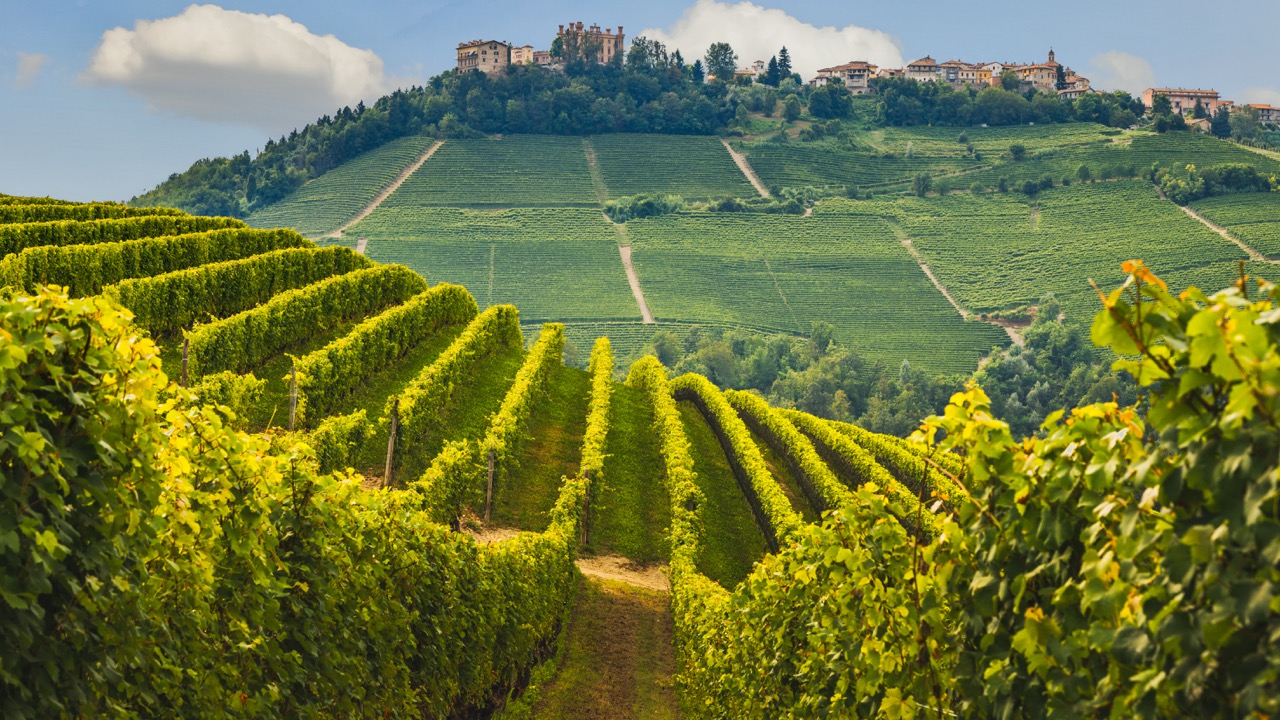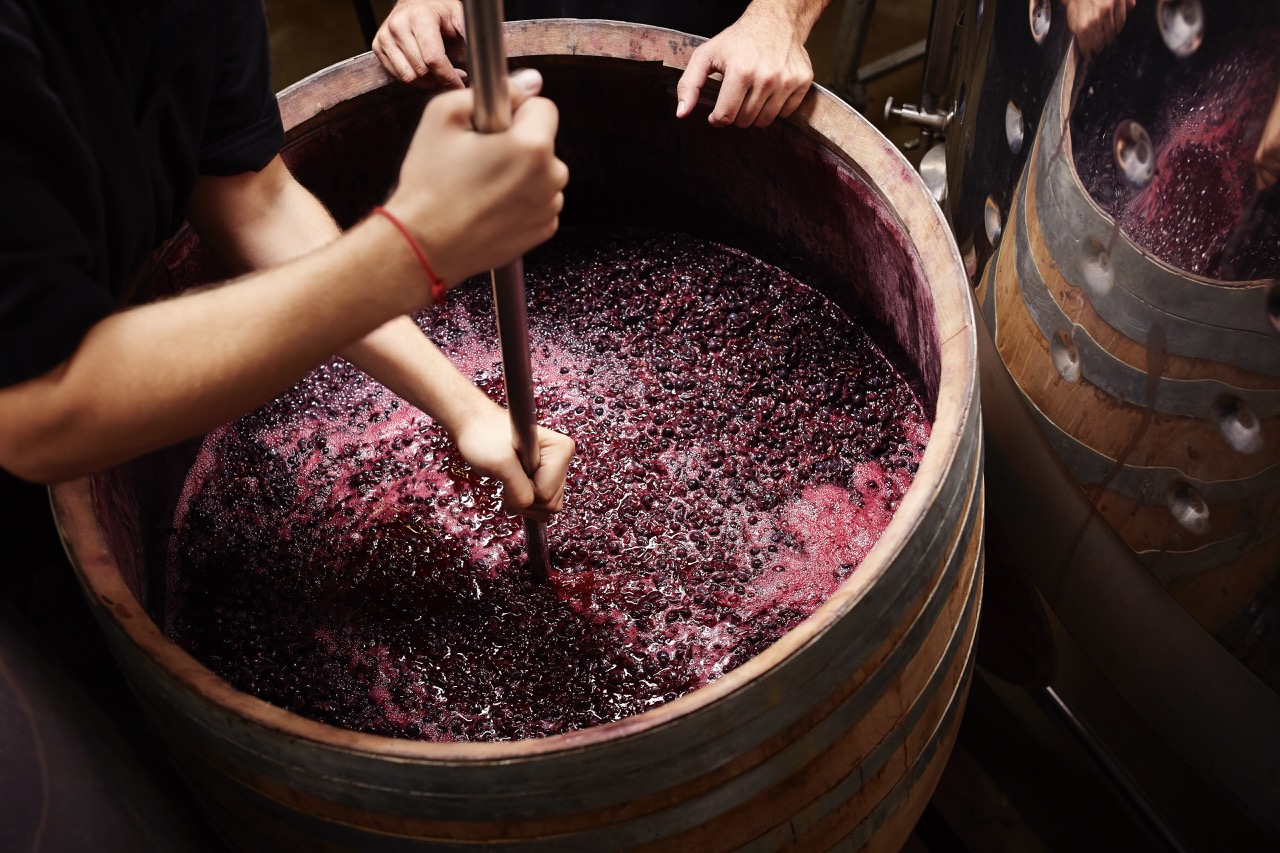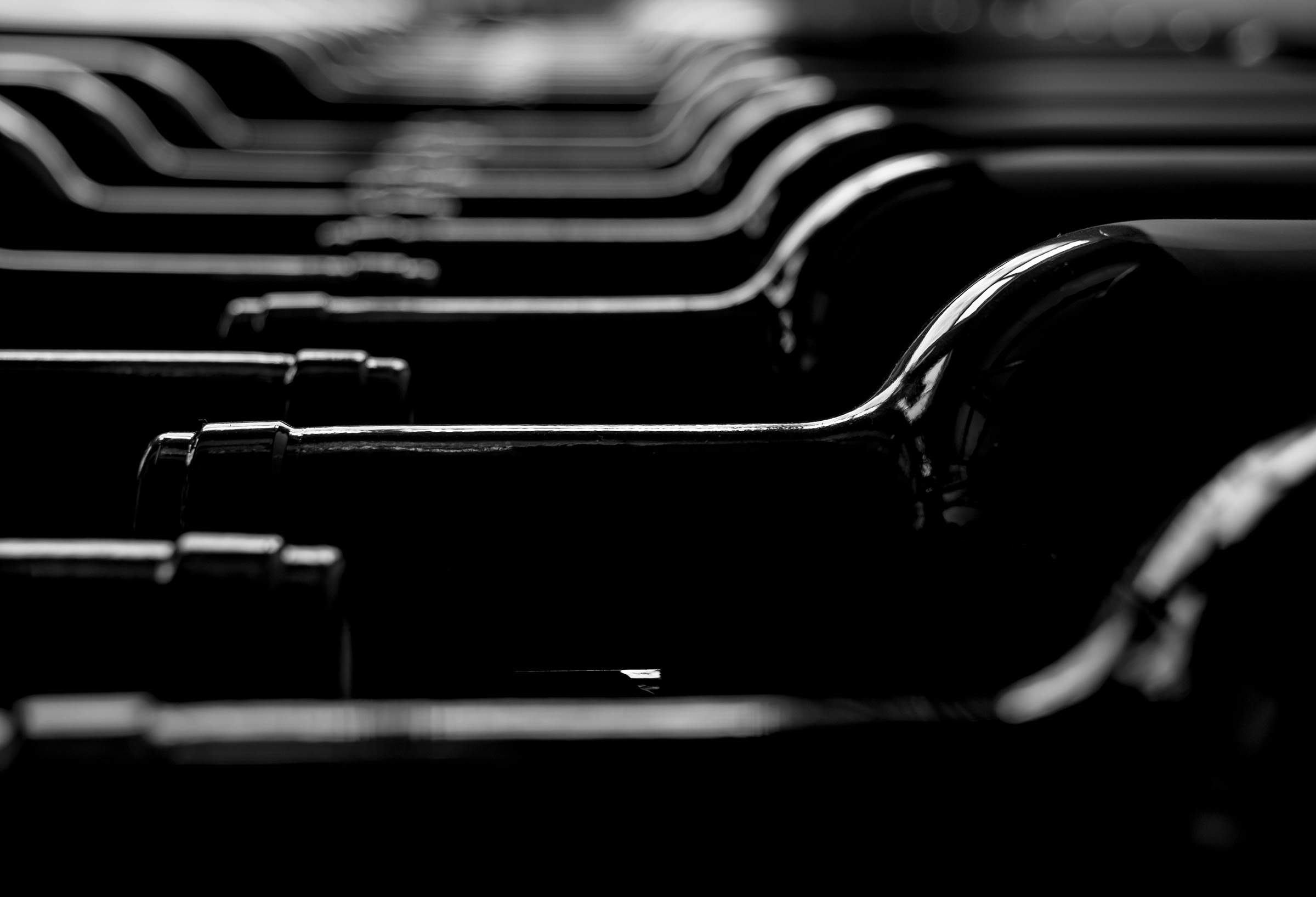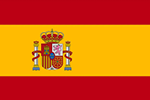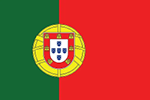Tangible ASSETS, timeless returns:
DIVERSIFY with fine wine & whisky.
COLLECT with confidence.



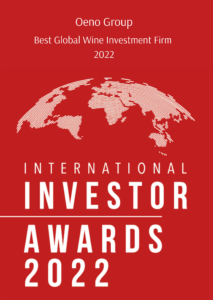
![Wine investment CEO of the year2[6]](https://oenogroup.com/wp-content/uploads/2023/12/Wine-investment-CEO-of-the-year26-213x300.png)

Why you should collect Fine Wine & whisky
Oeno’s expert wine & whisky traders can help you discover the benefits of collecting in these exciting markets. We are true pioneers in fine wine and whisky collecting, trailblazing a path through under the radar fine wine regions and whisky distilleries, revolutionising the way collectors interact with these unique markets.
A truly pioneering concept in the wine sector: Oeno Trade partners private wine investors with the enormously exciting hospitality trade offering a delectable selection of wines at their optimum maturity.
Lastest Releases
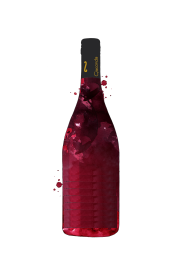
£250.00
Krug
Krug Grande Cuvee Edition 168 NV 750ml
France

£115.00
Zyme
Zyme Kairos 2017 750ml
Italy

£290.00
Zyme
Zyme Harlequin 2011 750ml
Italy

£295.00
Zyme
Zyme Harlequin 2009 750ml
Italy
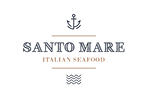

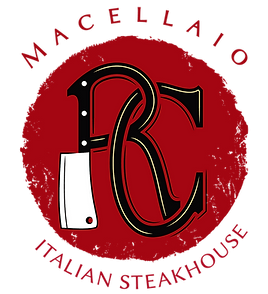

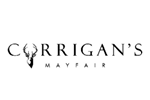
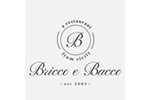
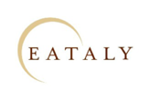


Our House Is Your Home
Oeno House is a modern wine boutique designed for every appreciator of fine wine, located at The Royal Exchange, one of London’s most vibrant and atmospheric buildings. Our Expert Team are looking forward to welcoming and offering you some of the world’s finest wines.




